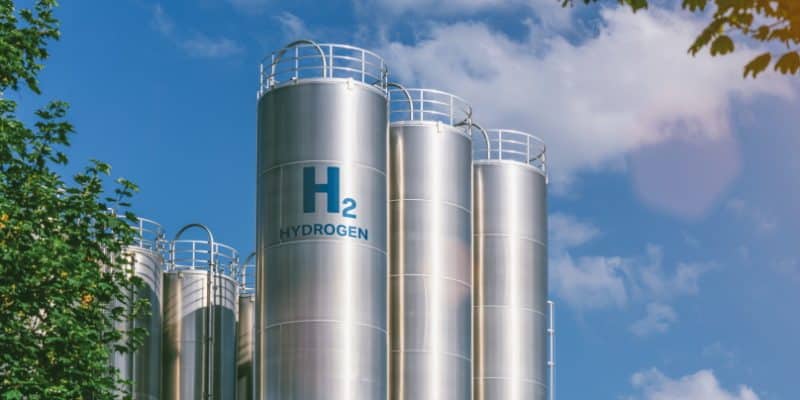South African chemical giant Sasol has signed a partnership with Japanese company Itochu. The two groups will work together to produce and export South Africa's green hydrogen and ammonia to the international market.
The partnership between Sasol and Itochu was signed on the sidelines of the recently concluded 8th Tokyo International Conference on African Development (Ticad 8) in Tunisia. The partnership aims to jointly develop the hydrogen and green ammonia project in South Africa. South African chemical giant Sasol is at the heart of South Africa’s strategy to develop green hydrogen, a fuel that is expected to help decarbonise several industries around the world.
The two parties agreed to evaluate Itochu’s potential involvement and participation in Sasol’s green ammonia export-oriented projects, including the purchase of products as well as Japan’s financial support for studies and grants related to the projects in South Africa.
Support from MUFG Bank
The green ammonia that is the focus of this partnership is produced from green hydrogen. This fuel is produced from renewable energy sources via the electrolysis process. Green ammonia is thus presented as a solution for the production of low-carbon fertilisers for agriculture. This new energy could also be used as fuel for large ships or could be converted into electricity.
Read also- SOUTH AFRICA: Sasol invests in hydrogen-based aviation fuel
“Green ammonia is an excellent energy carrier, especially over long distances, and can be easily transported. The product can also be ‘cracked’ (heated in the presence of certain metals) into hydrogen gas for other applications,” says Sasol. The South African chemical giant plans to produce and export hydrogen to the international market from Boegoebaai, a port located about 60 km north of Port Nolloth in the local municipality of Richtersveld in the Northern Cape.
“Given South Africa’s excellent solar, wind and precious metal resources, the country is poised to become a global hub for green hydrogen and its derivatives, such as ammonia and sustainable aviation fuels,” says Sasol. But despite these resources, the South African hydrogen market is attracting fewer investors, compared to Egypt, which has already signed several production agreements with large multinationals. Nevertheless, the partnership between Sasol and Itochu is supported by The Bank of Tokyo-Mitsubishi UFJ (MUFG Bank), one of Japan’s largest banks with nearly $47 billion in revenues by 2020.
Jean Marie Takouleu







